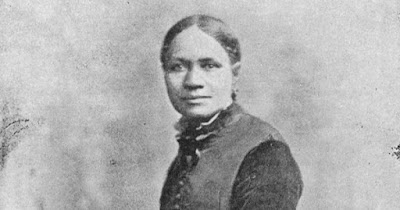As a daughter to free black parents, Frances Watkins Harper was one of few black children in the 1820s who weren't born into slavery. Harper learned to use this unique position as a speaker, poet, and abolitionist leader. Her writings and speeches became invaluable to slaves and fellow abolitionists in her time.
In 1845, according to Britannica, Harper published a compilation of passages titled, Forest Leaves. These poems Harper's scholarly writing on display, proving herself an intellectual even without much formal education.
Harper's musings grew throughout time to include works such as Sketches of Southern Life, The Sparrow's Fall and Other Poems, and Atlanta Offering. Her writing would expand further once she began publishing novels like Iola Leroy. Her impact on history doesn't stop with literature, however.
After her marriage in 1860, Harper became a more supportive activist for civil rights and women's suffrage. She was even hired as a traveling speaker for the Pennsylvania Anti-Slavery Society and the Maine Anti-Slavery Society. Before her death, Harper later became a co-founder and vice-president of the National Association of Colored Women's Clubs and the director of the American Association of Colored Youth.













